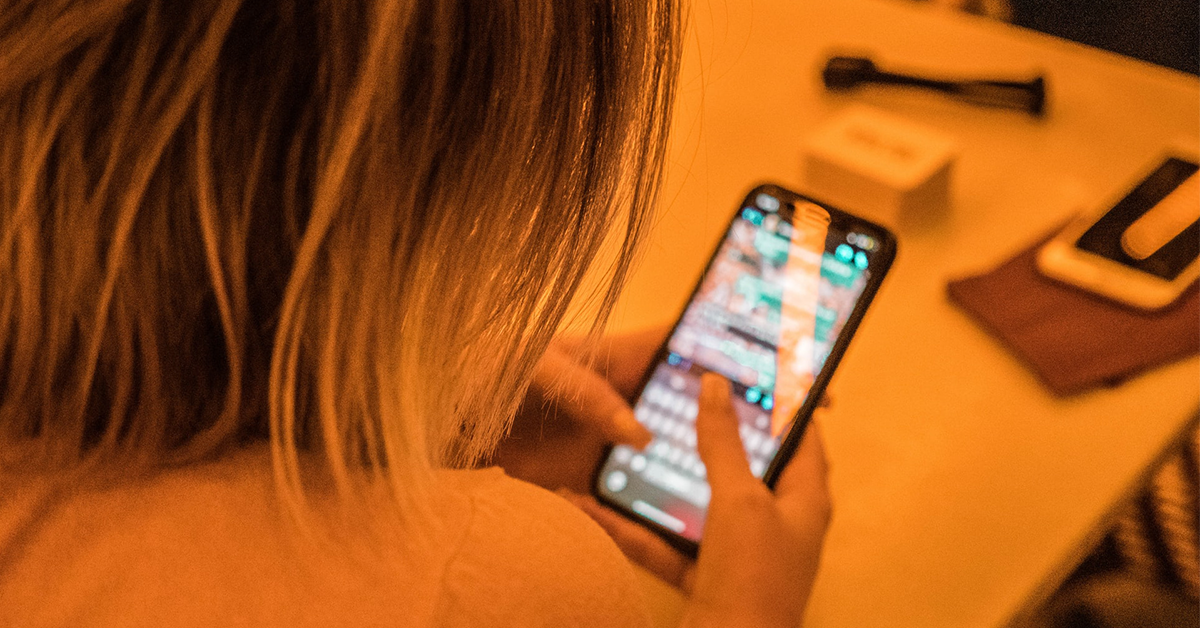Gen Z might need to be renamed Gen FOMO, no thanks to the evolution of social media.
Gone are the days when you could stay blissfully unaware of all the fun that your mates were having without you. Thanks to the growing popularity of Instagram and Snapchat stories – the short video snippets of our lives we post to be viewed by our followers before they disappear 24 hours later – we now have a front-row seat to the highlights of our friends’ lives.
We get to see all the cool and exciting things that everyone’s doing without us. In real-time. 24/7.
Oof.
Now, this can be difficult enough for even grown adults to stomach sometimes, but what about for teens who are especially sensitive to where they sit on the social hierarchy?
Take what this 18-year-old female from Victoria told us in our What Gen Z Actually Do Online report about the reality of growing up with social media today.
“Seeing a story of your ‘friends’ out without you, or seeing people from school underage drinking and clubbing, you are all of a sudden made to feel completely left out and somewhat on the back foot of what people your age are ‘supposed’ to be doing,” she said.
“In other words, social media makes FOMO 100000x more potent.”
And she’s not alone. As part of our Gen Z Wellbeing Check research 38% of the more than 1000 respondents aged 15 to 24 nationwide we surveyed said they were currently suffering from loneliness.
And according to experts the FOMO pain is real and it can have a crushing impact on young people’s mental health. Roberts and David examined the relationship between FOMO and wellbeing and found that while FOMO did have some positive impacts on wellbeing, experiencing high levels long-term is associated with a higher incidence of stress, anxiety, mood swings, and apathy.
”The human need to belong is an innate drive that dictates much of our behaviour,” the study says.
A 20-year-old female from Victoria told us how this could lead to toxic thoughts.
“Being on my phone too much and scrolling through images of people being together in different countries or other parts of Australia gives me major FOMO,” she said.
“Even with nothing to do you start to compare yourself to other people in toxic ways.”
However we received some tips from young people too on how to help offset the negative impacts of FOMO and improve mental wellbeing.
“Minimise social media usage and delete them when they start to negatively impact you,” a 17-year-old male from Victoria said.
“Try other forms of entertainment that won’t lead to FOMO or comparing your life to others. One thing I really love and benefit from is a long walk at the end of the day just before it gets dark.
“Leave your phone at home and just walk. Focus on breathing and looking for things you love, trees, gardens, houses or even people watching.”






